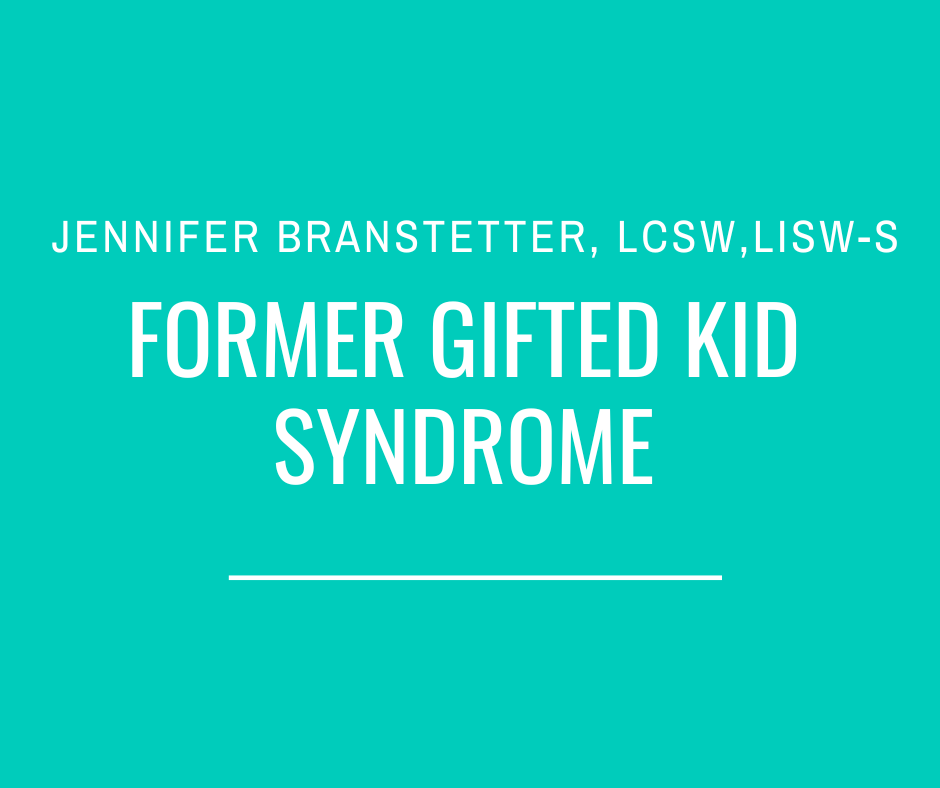Blog

Former Gifted Kid Syndrome
Struggling as an adult after being labeled a "gifted kid"? Learn how perfectionism, burnout, anxiety, or undiagnosed ADHD may be affecting you—and how online therapy in Ohio and Indiana can help.

Struggling as an adult after being labeled a "gifted kid"? Learn how perfectionism, burnout, anxiety, or undiagnosed ADHD may be affecting you—and how online therapy in Ohio and Indiana can help.